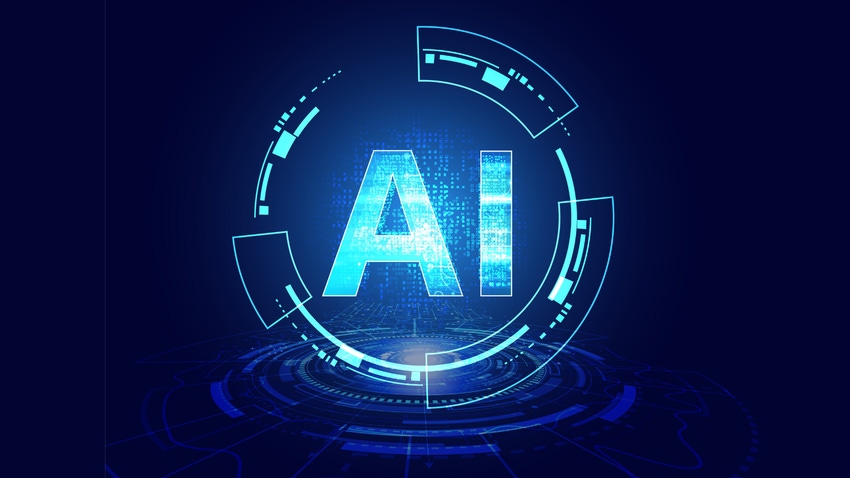DeepMind's New AI can Learn Tasks Directly from Humans
This new AI agent system learns from human example, just like you learn from watching a video tutorial

At a Glance
- DeepMind's new AI mimics human task execution by directly observing human instructors.
Google DeepMind has developed an AI agent system that can learn tasks from a human instructor. After enough time, the AI agent can not only imitate the actions of the human instructor but also recall the observed behavior.
In a paper published in Nature, researchers outline a process called cultural transmission to train the AI model without using any pre-collected human data.
This is a new form of imitative learning that the DeepMind researchers contend allows for more efficient transmission of skills to an AI. Think of it like watching a video tutorial – you watch, learn and apply the teachings as well as remember the video’s lessons later on.
This few-shot imitation process played out in a simulated environment called GoalCycle3D. There, the AI agent learned from a human demonstrator without having interacted with a human before. The results saw the agent able to perform the tasks it was shown and recall demonstrations “long after the expert has departed.”
Practical application
DeepMind’s research could improve the training of robotics systems – like teaching the tasks you want a unit to automate such as lifting and placement of boxes. It could also potentially be applied to customer service systems, augmenting them with interactive learning abilities to provide more customized and adaptive support.
DeepMind’s paper states that this new method of training is important for real-world applications where human data collection is costly and tasks have inherent variation.
The paper also notes that the new method preserves privacy. Since the AI learns in real-time from direct observation and does not rely on large datasets, it could eliminate privacy concerns from needing to store large swathes of data to teach a model.
Prior research into imitation-focused AI training largely focused on individual tasks – but not few-shot learners, meaning previous agents could not learn multiple tasks. This latest concept involves an agent-based system powered by a neural network with its weights trained using deep reinforcement learning.
DeepMind said the approach “paves the way for cultural evolution to play an algorithmic role in the development of artificial general intelligence.”
However, the new concept has its limitations. The AI agent could mis-generalize what it saw. Also, its training scenarios were fairly simple and a wider variety of scenarios is needed to see if the technique would work more widely.
About the Author(s)
You May Also Like


.jpg?width=700&auto=webp&quality=80&disable=upscale)
.jpg?width=700&auto=webp&quality=80&disable=upscale)

.jpg?width=300&auto=webp&quality=80&disable=upscale)
.jpg?width=300&auto=webp&quality=80&disable=upscale)
.jpg?width=300&auto=webp&quality=80&disable=upscale)
.jpg?width=300&auto=webp&quality=80&disable=upscale)
.jpg?width=300&auto=webp&quality=80&disable=upscale)